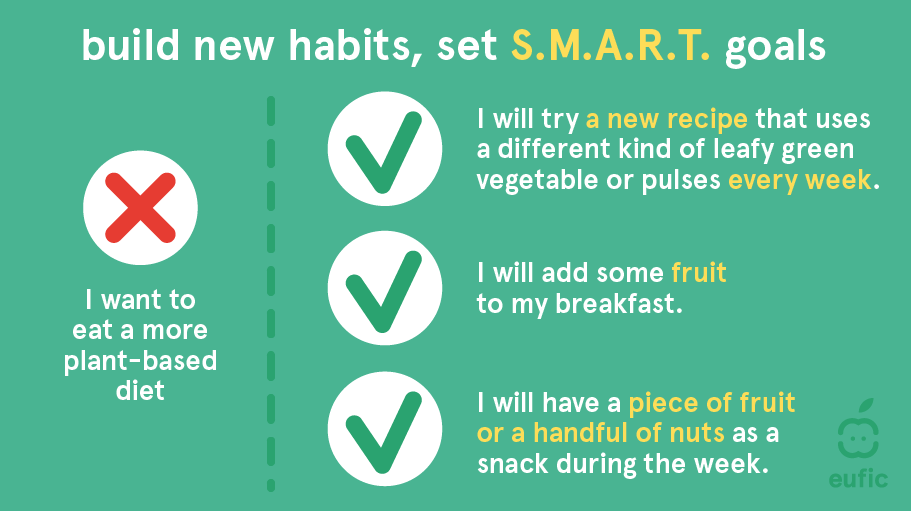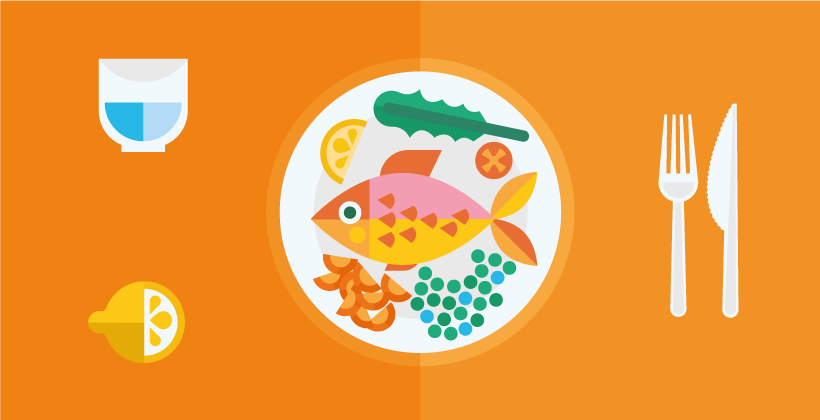Tips for a healthier lifestyle (Video)
Last Updated : 18 December 2023We may want to lose weight, get fit, or just be healthier. We know that more fruit and vegetables or more exercising is good for us but maintaining the motivation and sticking to decisions may seem hard. There are ways to make the healthy way the easy way. Setting SMART (Specific, Measurable, Attainable, Relevant, and Time-bound) goals can help us build new, sustainable habits that last.
How to set SMART goals?
Embarking on a journey towards a healthier and more sustainable diet and lifestyle may require some strategic planning and commitment. Setting SMART goals can help set us up for success. SMART is an acronym for:
- “S” stands for Specific: be detailed in setting your goal and clear about what you want to achieve. For example, instead of saying “I will drink more water,” specify, “I will drink at least eight glasses of water every day, starting with a glass as soon as I wake up and setting reminders throughout the day.”
- “M” is for Measurable: add time, amount or any other unit that makes sure you can quantify your goal so you can track your progress. For example, instead of saying, “I will exercise more,” say “I will walk for 30 minutes five times a week.”
- “A” stands for Achievable or Attainable: take small steps. That will be key to achieving big goals over the long-term. For example, instead of aiming to “I will have a meat-free day every day for the next month,” set a goal like, “I will have a have a meat-free day once a week for the next month.” Smaller, more gradual changes often lead to more sustainable changes.
- “R” is for Realistic or Relevant: make your goal relevant to what you really want and can realistically accomplish. For example, “I will commit to running three times a week” might not be the best fit if you are not a fan of running.
- “T” is for Timely or Time-bound: add a duration or time length to keep you focused and set you up for success. Instead of saying, “I will eat more fruits and vegetables,” specify, “I will eat five servings of fruit and vegetables each day for a week.” Once you have achieved it, you can set your next time-bound goal.
Remember that when setting goals, it is progress over perfection. All small steps count!

How to achieve successful behaviour change?
Small steps can help you move towards a healthier lifestyle. Pick one or all, whatever works for you:
- Set goals and make them specific
- Reflect, it helps to clearly see how to reach a goal
- Plan your meals or workouts, then you are more likely to do them
- Use small tricks to make it easier
- Take small steps, they will lead to big changes
- Get support, bring your family and friends on board
- Chose the activity that you will enjoy, the one that makes you want to move
- Monitor your progress
- Reward yourself whenever a milestone is reached
- Start today!



